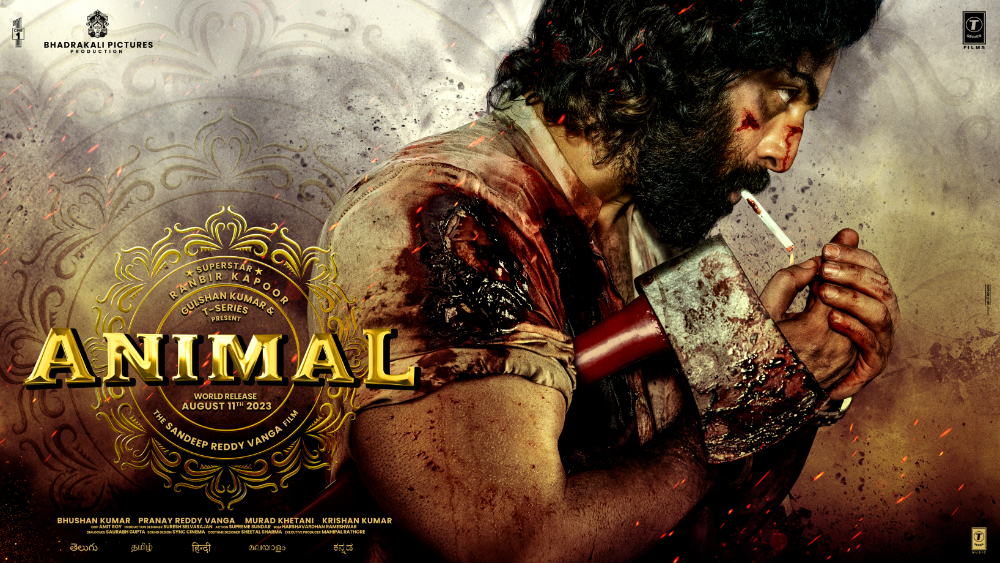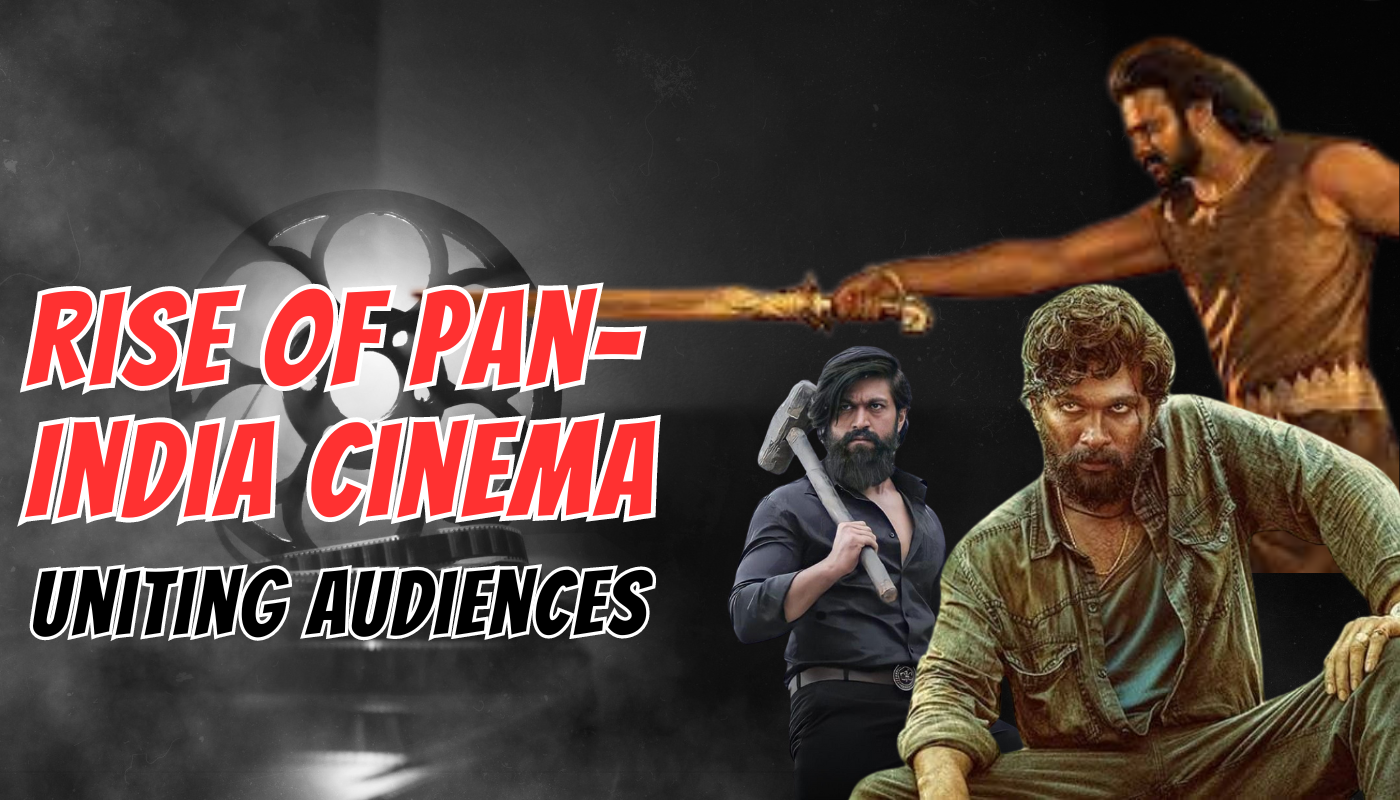
Tomar’s achievements mean nothing to the corrupt official who sides with the local bully forcing the subedaar to take up arms and live the life of a bandit. Dacoits, Tomar famously says, are found in Parliament. This Chambal dweller is a revolutionary who has no choice but to take the law into his own hands.
Dhulia’s film does not begin here. Told largely in flashback as Tomar gives a rare interview to a local journalist (circa 1980) in order to give his side of the story, we see his entry into the army in the 1950s, his rise to subedaar as he proves his mettle as a long distance runner with resilience, his pride at being a protector of the country and his disappointment when he is not sent to battle (as athletes are excused from active duty). We see his family grow (his wife is played by Mahie Gill) and the respect he commands in his village. But we also see the troubles he faces because of a family dispute over farmlands. In order to protect his family, Tomar must give up the army and athletics. This is the turning point in his fated life, from a gentle and simple farmer turned army man to a feared and ruthless man on the run.
Dhulia and co-writer Sanjay Chouhan create a realistic and seemingly authentic milieu as the characters speak in the local dialect and the film is set in rural environs. Irrfan Khan is a convincing as the towering Tomar, finely balancing sensitivity, simplicity, pride and hurt with anger and helplessness. You often forget you are watching Irrfan Khan and find yourself sucked into Tomar’s arid Chambal ravines. Gill has little to do while the rest of the cast comprises of lesser known character actors each of whom plays their part with integrity. The film scores high marks for production design, cinematography (Aseem Mishra), background score (Sandeep Chowta), editing (Aarti Bajaj) and dialogue, strong and direct often tinged with humour. But the film suffers from over-writing and over-talking; there are few moments of reflection or silence.
In the end Dhulia reinforces why he is one of our finest contemporary filmmakers as he spells out the intent of the film: paying tribute to the numerous neglected national sports heroes the country ignored. As Tomar says, when I won accolades for my country, no one bothered; now that I am a wanted in three states, everyone wants to know about me. You should want to know about him too.
Rating: ***1/2




